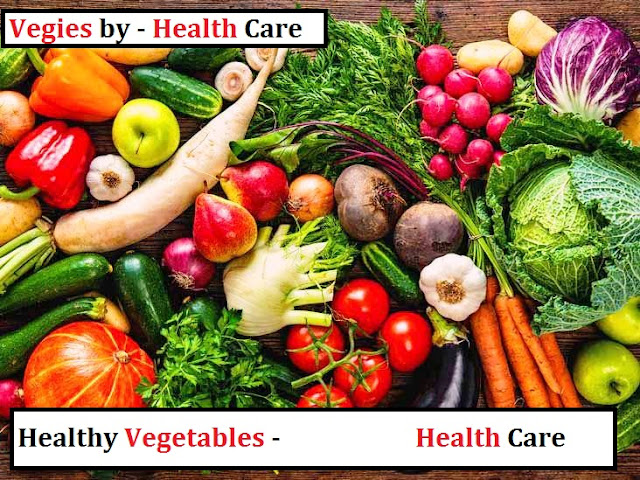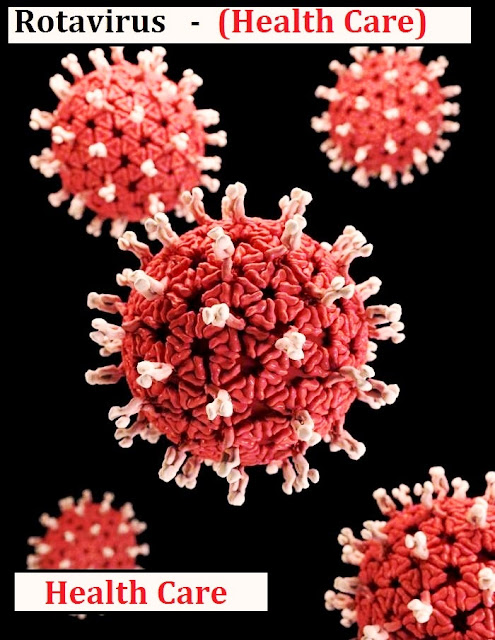Vegetables
What foods fall under the "vegetable" category?
The vegetable group includes any vegetable and 100% vegetable juice. Vegetables can be fresh, frozen, canned, dried, or cooked. They can also be eaten uncooked. They can be mashed, sliced up, or left whole.
Based on their nutritional value, vegetables are divided into five subgroups: starchy; dark green; red and orange; beans, peas, and lentils; and other vegetables.
How many vegetables should one eat per day?
Your body needs a different quantity of veggies depending on your age, height, weight, and level of physical activity. The state of your pregnancy or breastfeeding may also play a role.
By using your MyPlate Plan, you can determine the ideal quantity for you. See the chart below for general advice broken down by age.
What quantity of veggies makes a cup?
The following
examples from the vegetable group equal one cup:
1 cup of veggies, either raw
or cooked, or vegetable juice
2 cups of leafy salad greens, raw
The serving sizes that
constitute 1 cup of vegetables for your recommended intake are listed in the
table below.
Why is eating vegetables
important?
Vegetable consumption has health advantages. A balanced diet that includes fruits and vegetables will likely minimise a person's chance of contracting certain diseases. Vegetables offer nutrients that are essential for the body's upkeep and wellbeing.
Health Advantages
The selection of food and drink is important. Concentrate on quantity, diversity, and nutrition.
.Eating foods with fewer calories per cup, such
as vegetables, rather than those with more calories, as part of a generally balanced diet, may
help you consume fewer calories.
.
An overall healthy diet that includes plenty of fruits and vegetables may lower
your chance of developing heart disease, including heart attacks and strokes.
.As
part of a healthy diet generally, eating a diet high in fruits and vegetables
may help prevent some cancers.
.Since
many Americans do not consume enough fibre and potassium, adding veggies helps
to enhance these nutrients.
The 10 Vegetables With The
Most Nutrients
In fact, when I'm in the mood for creativity, I adore adding extra vegetables and experimenting with novel or intriguing produce-related items to classic recipes like pizza and spaghetti to give them a healthy twist.
All vegetables are good for you, but some stand out for their high nutritional content and potent health advantages.
Here are 10 of the vegetables that are the highest in nutrients.
Spinach
The most nutrient-dense vegetable on the list is this lush green.
That's because only one cup (30 grammes) of raw spinach has only seven calories
while still providing 120% of the Daily Value (DV) for vitamin K and 16% of the
DV for vitamin A.
Peaches
One cup (128 grammes) of carrots contains 119% of the daily value (DV) for vitamin A.
Beta carotene, an antioxidant that gives them their vivid orange colour and may help prevent cancer, is also present in them. This substance is converted into vitamin A by your body.
In fact, a research including over 57,000 adults found that eating at least 2-4 carrots weekly was linked to a 17% decreased long-term risk of colon cancer.
Broccoli
Sulforaphane, a byproduct of glucosinolate, a sulfur-containing plant component, is abundant in broccoli.
Sulforaphane's capacity to prevent cancer has been thoroughly investigated by researchers in test-tube and animal experiments.
Garlic
Throughout history, people have utilised garlic as a medicine.
Allicin, which is its major active ingredient, has been demonstrated to benefit heart and blood sugar health.
In a 90-person, 3-month research, individuals taking 1,600 mg of garlic powder daily had substantial drops in blood pressure and triglyceride levels as well as lower levels of belly fat compared to those taking a placebo.
Belgian spuds
Brussels sprouts are a cruciferous vegetable like broccoli and contain the same healthy plant components.
Additionally, kaempferol, an antioxidant that may be particularly useful in reducing cell damage, is present in Brussels sprouts.
It has been demonstrated that kaempferol possesses anti-inflammatory and cancer-fighting effects, which may serve as a preventative measure.
Kale
Kale is well known for its high nutritional density and antioxidant levels, similar to other leafy greens.
Potassium, calcium, copper, and vitamins A, B, C, and K are abundant in just 1 cup (21 grammes) of raw kale.
One small study discovered that eating kale with a high-carb meal reduced the risk of blood sugar spikes more than eating the high-carb meal alone.
peas green
As a starchy vegetable, peas have more calories and carbohydrates than non-starchy vegetables and, when consumed in high quantities, may have an adverse effect on blood sugar levels.
But green peas are highly nourishing. 9 grammes of fibre, 9 grammes of protein, as well as vitamins A, C, and K, riboflavin, thiamine, niacin, and folate are all present in only 1 cup (160 grammes).
Geneva chard
Swiss chard is high in many necessary vitamins and minerals yet low in calories.
Only 7 calories are found in one cup (36 grammes), but it also has roughly 1 gramme of fibre, 1 gramme of protein, and significant amounts of manganese, magnesium, and vitamins A, C, and K.
The plant chemicals betalains and flavonoids, as well as other health-promoting antioxidants, are abundant in Swiss chard.
Beets
Beets are a colourful, adaptable root vegetable that contain a lot of fibre, folate, and manganese per serving and relatively few calories.
They contain a lot of nitrates as well, which your body turns into nitric oxide, a substance that can help blood vessels expand.
A study of 11 studies found that beet juice's nitrate content may help decrease blood pressure. Your chance of developing heart disease may consequently be reduced.
Additionally, beets and their juice have been linked to increased physical performance and endurance.
Asparagus
Asparagus is a great addition to any diet since it is packed with vitamins and minerals. The daily value (DV) for folate is 33% in just 1/2 cup (90 grammes) of cooked asparagus. It also contains a healthy amount of selenium, vitamin K, thiamine, and riboflavin.
Consuming enough folate from foods like asparagus may shield you from illness and stop the neural tube from developing improperly when you're pregnant.
By lowering oxidative stress, animal research also reveals that asparagus extract guards against liver and kidney damage.






